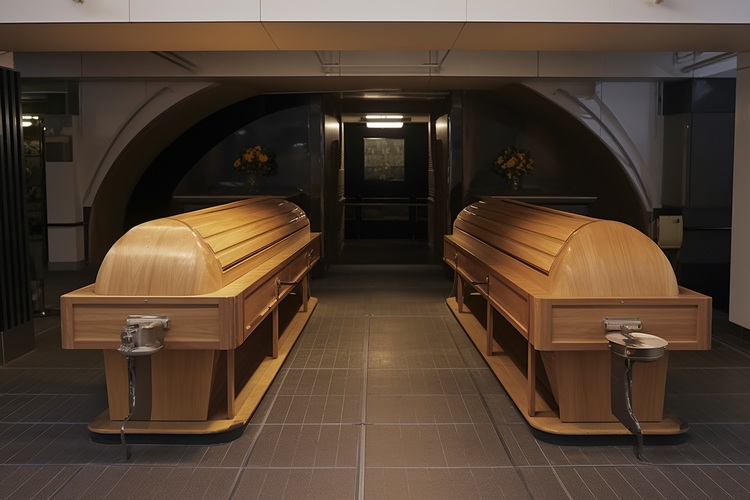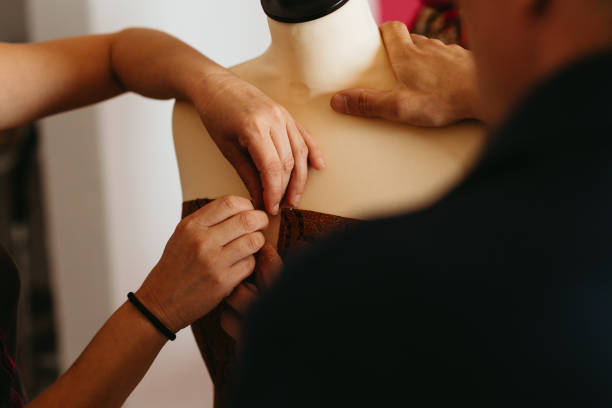Understanding the Cremation Process: Step-by-Step Overview
Cremation is a respectful process that many people don’t fully understand. From careful preparation to the return of ashes, each step follows strict standards and attention to detail. Learn how modern cremation works and what to expect at every stage.

What Happens During the Cremation Process?
The cremation process begins with careful identification and documentation of the deceased. The body is placed in a cremation container or casket made of combustible materials. All medical devices and jewelry are removed unless family members request otherwise. The container is then placed in the cremation chamber, where temperatures reach between 1,400-1,800 degrees Fahrenheit. The process typically takes 2-3 hours, depending on various factors such as body mass and the type of container used.
Cremation vs. Burial: Key Considerations for Families
Cremation offers several distinct advantages compared to traditional burial. Environmental impact tends to be lower, and families have more flexibility with memorial timing and location. Cremation also typically costs less than traditional burial services. However, some religious beliefs may influence this decision, and certain families prefer having a physical gravesite for visiting. Consider these factors:
-
Space requirements and environmental impact
-
Religious and cultural preferences
-
Memorial service flexibility
-
Long-term maintenance responsibilities
-
Family traditions and preferences
Planning Ahead for End-of-Life Arrangements
Pre-planning cremation services can reduce stress for family members and ensure your wishes are honored. Key steps include:
-
Documenting your preferences in writing
-
Discussing plans with family members
-
Researching local cremation providers
-
Understanding costs and payment options
-
Considering pre-payment plans when available
Cultural Perspectives on Cremation Across Different Traditions
Cremation holds different significance across various cultures and religions. Hindu traditions generally require cremation, while Islamic and traditional Jewish faiths typically prohibit it. Modern Christian denominations largely accept cremation, though some prefer traditional burial. Understanding these perspectives can help families make culturally appropriate choices that honor their beliefs and traditions.
Cremation Costs and Provider Comparison
Cremation services vary significantly in cost and included services. Here’s a comparison of typical service packages:
| Service Type | Average Cost | What’s Included |
|---|---|---|
| Direct Cremation | £1,000 - £2,000 | Basic cremation, container, death certificate |
| Traditional Cremation | £2,500 - £4,000 | Viewing, service, urn, death certificate |
| Premium Package | £4,000 - £6,000 | Extended viewing, premium urn, multiple certificates |
Prices, rates, or cost estimates mentioned in this article are based on the latest available information but may change over time. Independent research is advised before making financial decisions.
The final choice for end-of-life arrangements is deeply personal, influenced by various factors including cultural beliefs, financial considerations, and family traditions. Understanding the cremation process helps ensure that whatever choice you make aligns with your values and circumstances. Consider consulting with local funeral service providers to discuss specific options and requirements in your area.
This article is for informational purposes only and should not be considered professional advice. Please consult a licensed funeral service provider for personalized guidance and arrangements.




